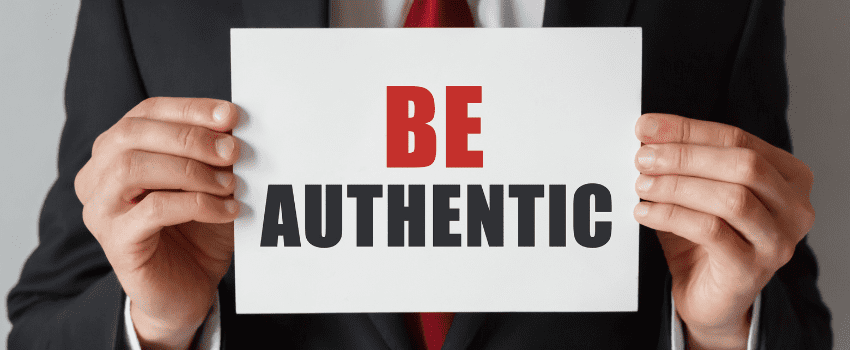Before seeking couple counselling, many couples wait until the crisis point; the issues are likely profoundly ingrained and difficult to change at this stage. So the couple may find the counselling process more difficult and time-consuming. Couples should consider counselling as soon as they realize something is wrong with the relationship or if one of the partners realizes they are disaffected.
Most couples cannot break the cycle of conflict on their own. They require the guidance and support of a professional counsellor. However, sometimes it is still beneficial for one of the partners to start counselling if there is disagreement.
People seek couple counselling for a variety of reasons. For example, some people may have serious problems, such as chronic conflict, infidelity, or differences in sexual desire. Others may require assistance making specific decisions, such as where to live, marry, or have a child. Also, some couples may seek counselling to understand each other better and make more informed decisions about their long-term commitment.
Many couples seek a counsellor to help them through difficult or transitional times in their relationship. It gives them guidance and support as they face these challenges and emerge stronger on the other side.
Couples therapy can be an effective tool for enhancing relationships. However, it’s important to remember that finding a therapist with whom both partners are comfortable is the key to successful couples therapy. Furthermore, when evaluating a therapist, it is critical to remain open-minded and avoid becoming too cynical. While some aspects of couples therapy may appear to be “boilerplate,” it’s important to remember that they are there for a reason. They can help set the ground rules for positive communication and connection.
Furthermore, structure in therapy can help bring a relationship’s emotional temperature down to a more manageable level. This allows the calm to return to the relationship and the home.
Couple counselling can help in different domains, some of which I will touch on below.
Improving communication and understanding among the couple
A relationship is the union of two people, each with their personal history, personality, needs, hopes, and desires. This means that even the most compatible couple will only sometimes agree. A healthy relationship necessitates open communication, compromise, negotiation, and comprehension.
According to research, communication issues are the leading cause of relationship breakdown. A qualified couples counsellor can assist couples in identifying and changing negative communication patterns and teach them how to communicate more effectively. Couples can improve their communication by having the opportunity to talk openly and honestly during counselling sessions.
Strong communication skills, including the ability to effectively talk and listen, can assist couples in resolving large and small problems and maintaining their relationship even during difficult times.
Revitalizing intimacy and emotional bond in your relationship
In the early stages of a new relationship, couples experience intense emotional connection and sexual attraction and are keen to be there for each other. This phase sees the couple often spending a lot of time together or longing for each other. However, as time passes, such feelings become less intense: Dreams about and projections towards the partner become unmatched, and expectations are unfulfilled, so satisfaction begins to decline.
Work requirements and life, in general, will start to impact the couple, even more so if they have children and are young. This is the time in which intimacy starts to decline too. Some couples are too tired to enjoy intimacy or allow minor irritations to interfere with their deeper feelings.
Work requirements and life, in general, will start to impact the couple, even more so if they have children and they are young. Intimacy also declines; some couples are too tired to enjoy intimacy or allow minor irritations to interfere with their deeper feelings. However, couples can reestablish their emotional and physical connection if they are ready to work for it.
Dealing with infidelity and trust issues
Infidelity can elicit strong sentiments of betrayal, hurt, and distrust. The cheating partner may feel guilty and confront challenging options. The inevitable conflicts and arguments or the decision to leave the couple’s home may cause significant stress and grief for everyone concerned, especially the children.
Often the reasons for which people cheat are different. For example, men tend to cheat when feeling dissatisfied in their relationship; they research for appreciation and the affection they crave, but they may not have it. Instead, women may cheat when feeling emotionally unfulfilled, lack appreciation for the couple, and do not feel desired or unique to their partner.
In certain circumstances, a partner may resort to cheating to solve difficulties that cannot be handled within the partnership, seeking the missing piece of the jigsaw outside the relationship. Emotional unhappiness is another prevalent motivation for infidelity, with spouses seeking affirmation, connection, and closeness outside the partnership. This is especially true during significant life transitions, such as the birth of a child.
Unresolved emotional wounds and past traumas may drive individuals to engage in infidelity. In addition, these unresolved issues can lead one partner to seek comfort, validation, or connection outside the primary relationship.
Finally, social media contributes to the rising probability of infidelity in partnerships.
The ease of access to others makes connecting and communicating easier with people outside of one’s relationship. The number of images and profiles accessible online may also make fantasizing and daydreaming about possible companions appealing.
Furthermore, the internet’s anonymity and assumed secrecy might encourage people to feel that their activities would go unnoticed and have no consequences. This absence of inhibitions may result in unsafe conduct and dangerous actions.
Some couples do not survive the impact of infidelity on the relationship, but many do, and the main reason is that they often reach for help and start couple counselling.
Act Right Now Counselling Services For Couples
Couples counselling/therapy may feel confronting, but it provides considerable progress and healing in the relationship. This is especially so if the couple has been experiencing such issues for a long time.
In certain circumstances, couple therapy is more beneficial than solo therapy. Counsellors at Act Right Now Counselling Services take a balanced approach. They recognise both couples’ points of view and never assign blame.
We help couples understand the more profound vulnerabilities that lie underneath the surface of powerful emotions, which are frequently expressed in destructive ways during disagreements or stressful situations.
Instead of merely giving tools for patching up a relationship, we help couples reconnect meaningfully via their values and value-informed objectives. In addition, we strive for long-term outcomes since they are founded on personal growth and transformation in you and your partner.
Act Right Now Couples Counselling helps every type of relationship: whether the couples are straight, L.G.B.T.Q.I.A.+, mixed-race, young, older people, dating, engaged, living together, or married.
Contact us or book an introductory free session to know how we can help your relationship now.









